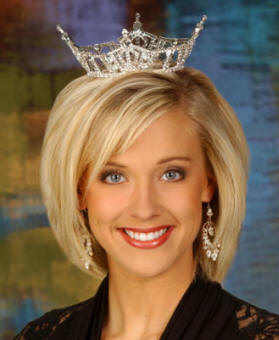 Do Mormons really go to Sunday Temple and go in front of the congretation and say "I believe the Mormon Chuch? —James Joyce
Do Mormons really go to Sunday Temple and go in front of the congretation and say "I believe the Mormon Chuch? —James Joyceis the one and true church that Joseph Smith created" or something along those words? As a cult would to reinforce people to stay in the cult?They do this once a month in their general Sunday worship meeting ("Sacrament," not "Temple"). It's basically open mic church, with kids and adults alike taking turns at the podium. You can say whatever you feel, but the template goes something like this.
Open.
You have two choices here. You can go with the old standby, "I'd like to bear my testimony that I know this church is true." Or if you're really feelin' it you can hit 'em with, "I'd be very ungrateful if I didn't stand before you here today and tell you that I know ..." I prefer the second one because it hints that something big has happened recently, and also has the added bonus of pointing out how ungrateful everyone else is since they're still sitting. :)
Personal details.
Adults usually say something here about what they've been up to or challenges they've faced recently. Teenagers and college kids talk in guarded terms about wanting to live closer to the Spirit and "be better." Kids just skip this part.
The checklist.
You'll just have to take my word on this part, but kids and grownups alike all generally say these next few phrases pretty much verbatim. It's not a script, just conditioning I guess.
"I know that Joseph Smith was a true prophet."
"I know that Gordon B. Hinckley was a prophet and that Thomas S. Monson is the prophet today." (We're still transitioning you know.)
"I know that the Book of Mormon is true."
"I love my [mom and dad/husband and kids]."
Done.
"In the name of Jesus Christ, amen." The kids spout this part out: "Name-cheese-rice-men!" Those kids do know a lot it seems. Let's just say they're not raised with a real nuanced view of their church's position in the scheme of things.



